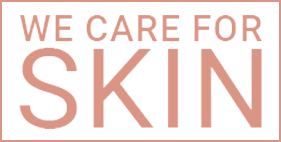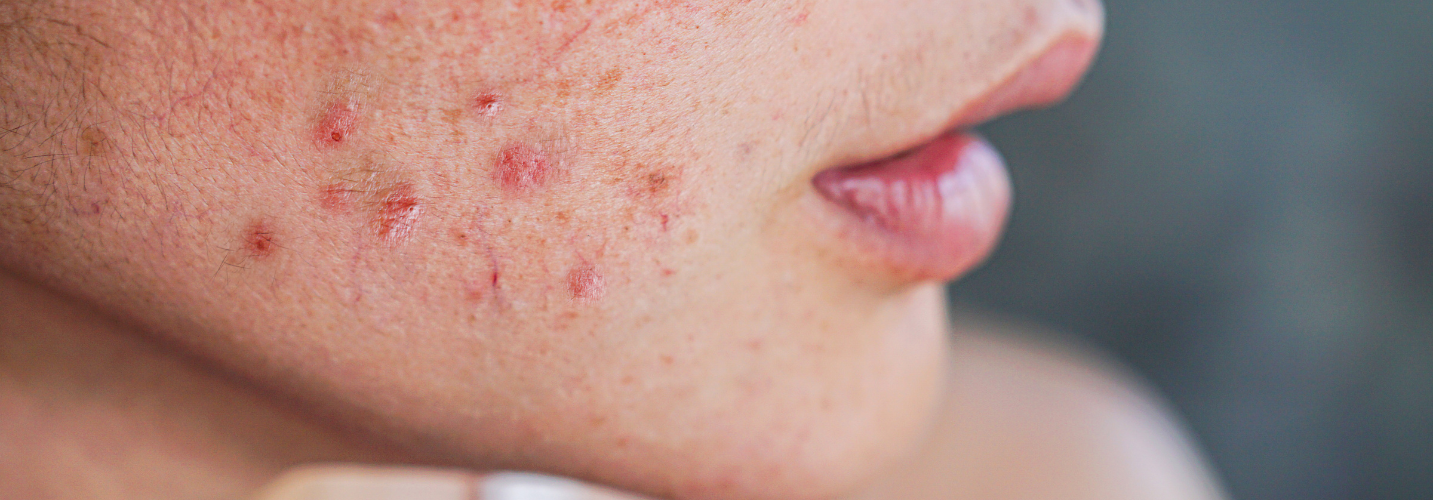Contrary to the misconceptions, acne is a problem encountered by various age groups. Although these commonly develop in teenagers, adult acne can also be a problem for several people. If you want to know more about adult acne and tips to manage it, then this article is for you.
Can Adults Develop Acne?
If you think that you are beyond your phase dealing with acne back in your teens, do not be surprised if you are faced with a similar problem during adulthood! Adult acne can indeed develop once again. These can be seen as bumps, redness, or pustules over your face, neck, shoulders, and back.
However, despite being in a different age group, acne from your teens and adult acne are basically the same. They may have fairly similar appearances and both kinds of acne develop from the same set of causative agents which are:
-
Too much sebum production. The skin naturally produces sebum to lubricate and prevent desiccation of the skin’s surface. However, too much sebum leads to the clogging of pores and the eventual development of acne. Sebum production can be excessive due to hormonal imbalance, or you might have failed to cleanse your skin at the end of the day adequately.
-
Bacteria in the sebaceous follicles of the skin. Yes, the skin on your face has lots of bacteria residing in it! However, not all are meant to cause harm. When conditions favor the production of acne, bacteria can predominate by multiplying and causing inflammation.
-
Clogged pores. The skin contains microscopic pores around hair and oil glands to facilitate the release of sebum for skin lubrication. These small blind-ended sacs can be an area that harbors dirt, oil, dead skin cells, and bacteria. Through time, this accumulated debris initiates an inflammatory reaction and the development of acne.
-
Inflammation. This is a normal response of the body to try and eliminate overgrowing bacteria. In the case of acne, the body reacts to clogged pores and accumulation of bacteria thru inflammation, leading to what we see as acne.
A combination of these four factors commonly leads to the development of acne, both in teens and in adults. However, other factors increase one’s risk of developing acne, including exposure to pollution and dirt, stress and lifestyle, and even genetic factors.
Effects of Acne in Adults
Adult acne may be seen in all ages, but it is more common in younger adults. They may seem like superficial inflammation of the skin due to blocked pores and the proliferation of microorganisms. However, did you know that acne affects people in more ways than you think?
There is more to acne than just being a skin condition. One’s physical appearance due to acne can massively affect confidence, self-esteem, and social skills. Acne can also affect one’s self-esteem and confidence. This is especially true in the more severe forms of acne where it covers a wider surface area of the skin or is placed on evident areas of the face. With the rise of social media which markets flawless skin, adults dealing with acne are faced with conflicted feelings regarding their appearance. It is also possible to develop anxiety and depression due to the confidence downer due to acne.
An individual’s overall look also plays a role in their social skills. People seem to present themselves with a higher degree of confidence if they do not worry about the appearance of their skin. Disapproval from peers or workmates due to one’s physical appearance can escalate to negative experiences that degrade their self-esteem.
Tips For Managing Adult Acne
As with other skin conditions, you would always have something to help alleviate your problem. Adult acne can be managed by addressing the root cause of the inflammation. So, here are some simple and effective tips for managing adult acne:
Know The Essential Ingredients Of Anti-Acne Products
The simplest way to calm down acne is by using anti-acne products. There are many over-the-counter products available but you need to be prudent in finding out what works for you. Remember, if you keep on experimenting with different products, you might cause more skin irritation rather than heal it!
Make sure to look for non-comedogenic products. This means that these products are formulated to prevent blockage of pores and are perfect if you have acne-prone skin.
Next, look at the labels of the products and check if they contain some of the most effective anti-acne ingredients. Try looking for products with benzoyl peroxide, salicylic acid, azelaic acid, or adapalene. These are all well-known for their ability to clear acne, dark spots, and whiteheads and blackheads.
Cleanse Your Skin Thoroughly and Correctly
Cleansers wash away dirt and makeup that your face harbored throughout the day. With your knowledge of effective ingredients, you can have cleansers that are effective in cleansing the skin and are infused with anti-acne ingredients.
It is best to wash your face twice a day, once in the morning and the evening before bed. This makes sure that your skin is not soaked in dirt and debris when you start and end the day.
A common misconception is that more aggressive scrubbing removes more dirt. Avoid doing this! You can induce more inflammation in your acne-prone skin by rubbing too much with exfoliating products or tough washcloths. Instead, keep your cleansing routine simple with your product of choice, water, and gentle circular motions with your hands.
Get Enough Sleep
Sleep does more than energize you for the following day. Sleeping gives time for your body to heal and recuperate. Conversely, lack of sleep induces more inflammatory responses in the body and aggravates acne. when you do not sleep much, your body releases hormones that increase inflammation and sebum.
Improve Your Diet
Can diet affect the appearance of acne? some studies linked the excessive intake of sugar-rich food and dairy with acne flare-ups. Hence, try to limit your intake of sugary desserts and sodas. Instead, fill your diet with fruits and vegetables rich in vitamin C and beta-carotene. These are shown to mediate inflammation.
Visit Your Dermatologist
Sometimes, you might be frustrated when dealing with a sort of dead end. Even if you tried all lifestyle modifications and skincare products, your acne might not be showing signs of resolving. Or you might even see flare-ups. In these cases, it would be best to seek professional help.
You may try to visit your dermatologist to manage adult acne. There are many clinics for consulting with board-certified dermatologists. These professionals will address your concerns by running tests and giving you a personalized treatment plan.
Of course, not all acne is the same. A visit to the dermatologist will help you identify what condition you have. Diagnosis may be accompanied by skin tests. After identifying the type of acne you are dealing with, the dermatologist will build a treatment regimen for your skin.
But, the duty of a dermatologist does not end here! A big advantage of seeking the help of a dermatologist is the benefit of recall appointments. You will have a better track of your acne healing journey as you complete follow-up appointments. Here, you will know if the treatment plan that you are following is working for your acne. from here, the dermatologist can help you with any necessary modifications.
Moreover, dermatologists are also trained in giving skin treatment and medications. They can give you prescriptions for topical and orally taken antibiotics, help inject skin medications, and do cosmetic procedures, as your case warrants.
The dermatologist can do so much more, so make sure to visit them for your skin concerns.
Conclusion
Adult acne is not unusual, and it presents with manifestations similar to any other acne. If you worry about acne, then make sure to use the right skincare product, and maintain a healthy lifestyle. When in doubt, make sure to consult a dermatologist. These professionals are sure to help you achieve your desired flawless skin!


